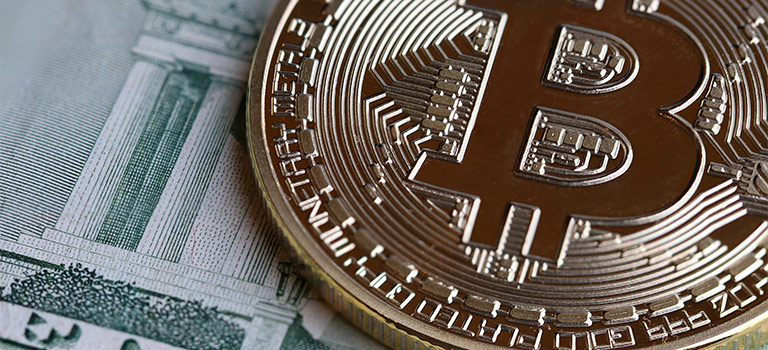PALO ALTO, Calif. (Reuters) - The Federal Reserve is looking at a broad variety of issues around digital payments and currencies, including policy, style and legal considerations around possibly releasing its own digital currency, Guv Lael Brainard stated on Wednesday. Brainard's remarks suggest more openness to the possibility of a Fed-issued digital coin than in the past." By changing payments, digitalization has the potential to provide greater worth and benefit at lower cost," Helpful resources Brainard stated at a conference on payments at the Stanford Graduate School of Organization.
Central banks globally are discussing how to handle digital finance technology and the dispersed journal systems used by bitcoin, which guarantees near-instantaneous payment at possibly low cost. The Fed is developing its own round-the-clock real-time payments and settlement service and is currently reviewing 200 remark letters submitted late in 2015 about the proposed service's style and scope, Brainard said.
Less than 2 years ago Brainard told a conference in San Francisco that there is "no compelling showed need" for such a coin. However that was before the scope of Facebook's digital currency aspirations were widely known. Fed officials, consisting of Brainard, have raised concerns about customer securities and data and privacy threats that could be positioned by a currency that could enter into usage by the 3rd of the world's population that have Facebook accounts.

" We are working together with other reserve banks as we advance our understanding of reserve bank digital currencies," she stated. With more nations checking out issuing their own digital currencies, Brainard stated, that adds to "a set of factors to also be making certain that we are that frontier of both research and policy development." In the United States, Brainard said, problems that require research study consist of whether a digital currency would make the payments system more secure or easier, and whether it could pose monetary stability dangers, consisting of the possibility of bank runs if cash can be turned "with a single swipe" into the main bank's digital currency.
To counter the monetary damage from America's extraordinary nationwide lockdown, the Find more information Federal Reserve has actually taken extraordinary actions, including flooding the economy with dollars and investing directly in the economy. The majority of these moves got grudging acceptance even from many Fed doubters, as they saw this stimulus as required and something only the Fed might do.
My brand-new CEI report, "Government-Run Payment Systems Are Hazardous at Any Speed: The Case Against Fedcoin and FedNow," information the threats of the Fed's existing plans for its FedNow real-time payment system, and propositions for main bank-issued cryptocurrency that have been dubbed Fedcoin or the "digital dollar." In my report, I go over concerns about privacy, information security, currency control, and crowding out private-sector competitors and development.
Proponents of FedNow and Fedcoin say the federal government needs to produce a system for payments to deposit quickly, instead of encourage such systems in the personal sector by raising regulative barriers. However as noted in the paper, the economic sector is supplying a seemingly limitless supply of payment technologies and digital currencies to fix the problemto the degree it is a problemof the time space between when a payment is sent out and when it is gotten in a savings account.
And the examples of private-sector innovation in this area are lots of. The Cleaning Home, a bank-held cooperative that has actually been routing interbank payments in various kinds for more than 150 years, has been clearing real-time payments because 2017. By the end of 2018 it was covering half of the deposit base in the U.S.